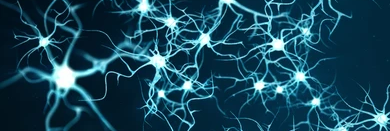
Building Brains
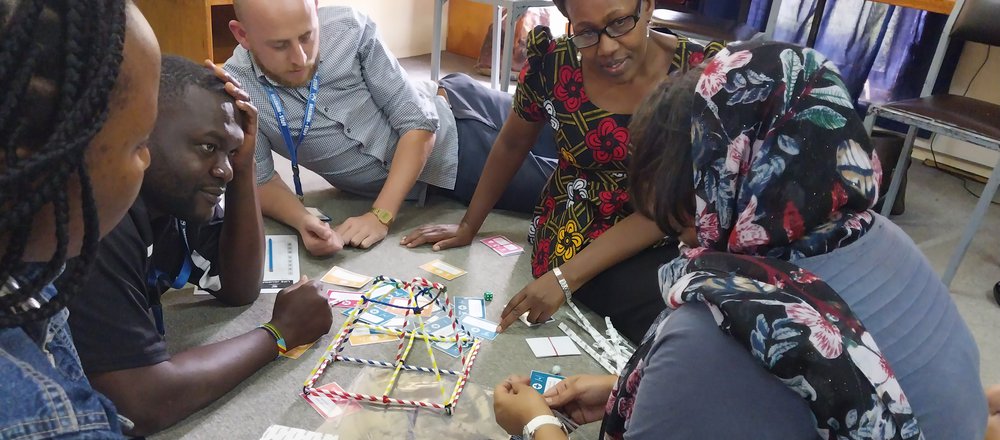
2nd February 2023
Brain development: the basics!
Every human being carries a genetic blueprint that sets the sequence and timetable for brain development from the first days of life. In the earliest years, the brain forms as many as one million new synaptic connections each second. The process begins with simple neural connections associated with senses like vision and hearing, followed by more complex circuitry that supports children's emerging language mastery and a wide range of higher cognitive functions.
This period also marks the time when children's neural circuitry is most flexible and receptive to their earliest interactions and environments. Consistently stimulating, nurturing early experiences create robust, efficient pathways throughout regions of the brain controlling memory, language, reasoning, impulse control and other competencies.
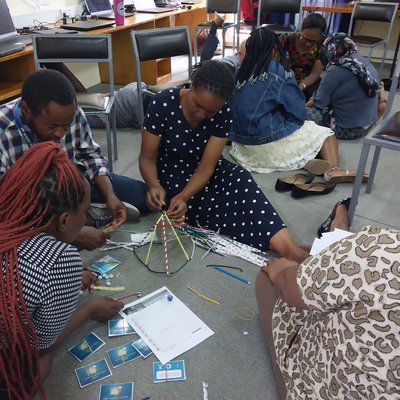
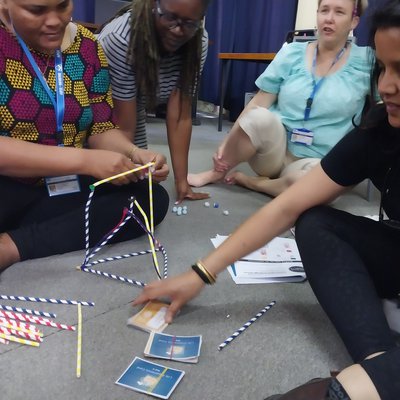
Brain Architects:
Our EYFS and Primary teaching team got together this week to become 'Brain Architects' and build up their knowledge of how brains are built and how life experiences and social supports shape the developing brain.
The Brain Architecture Game builds an understanding of the powerful role of experiences on early brain development – what promotes it, what derails it, with what consequences for society. The game helps people appreciate the impact of early childhood experiences on outcomes across the lifespan.
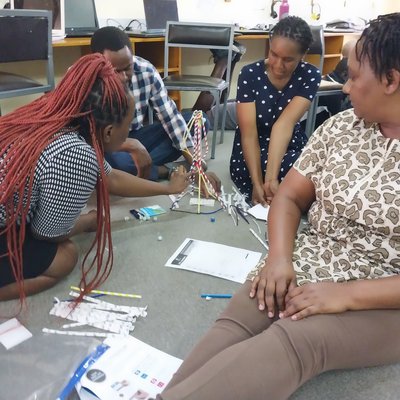
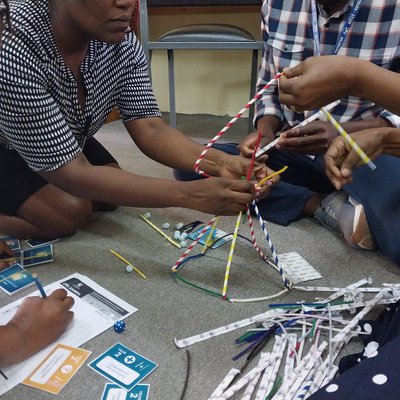
Some reflections from our teachers:
"When we notice the cracks all we need to do is support, support, support! Never give up! We can't know what experiences a child has had - we may be their own support which may hold them together. The earlier, the better!" - Ms Travas
"As adults and educators, we need to be more sensitive to a child’s behaviour and learning abilities because we sometimes don’t know how strong or troubled their foundation is. We need to (immediately) be the support they need for change and hope". - Ms Juma
"As professionals with lots of experience in different areas and in teaching different children, we need to look at each child differently and not like the majority because their foundation might be different depending on their background and environment." - Ms Sekemi
"In a world where 'life happens' every day, it is our duty as educators to be more accommodating to adverse childhood experiences and realize how they shape a child's development. Be the support every child needs; you never know." - Ms Kombe
"Be kind and supportive, always. A simple 'are you okay?' or 'I am here if you need me' could make all the difference." - Mrs Gasiano
"The behaviour of an adult can drastically influence the brain development of a child not just in the present but far into the future. How I communicate and support a child can determine their ability to be successful as they age." - Mrs Pulei
"Understand the children and their needs so that we can help them. Everyone has different abilities and experiences." -Ms Meyasi
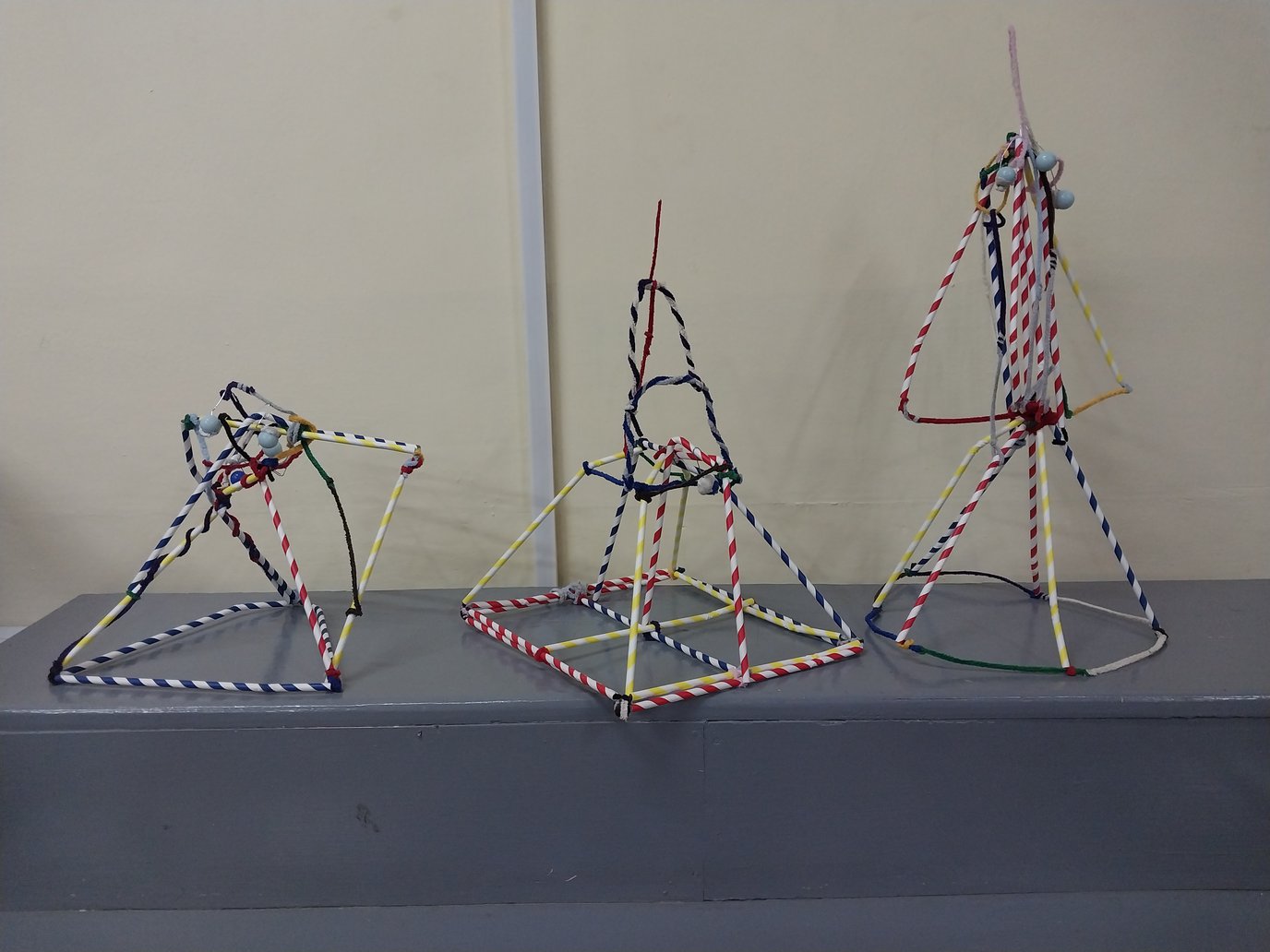
Just like a house with many rooms, the brain has different areas and each area develops at a different time and has a different function.
The experiences a child has determine how brain cells connect together, like a house that is getting wired up.
Brain circuits that get used a lot become strengthened, so it is up to all of us who care about children to encourage activities like peekaboo, reading and playing together that foster healthy brain development.
Caring adults also help buffer stressful life experiences that children have, and prevent stresses from having long-term toxic impact on the developing brain.











